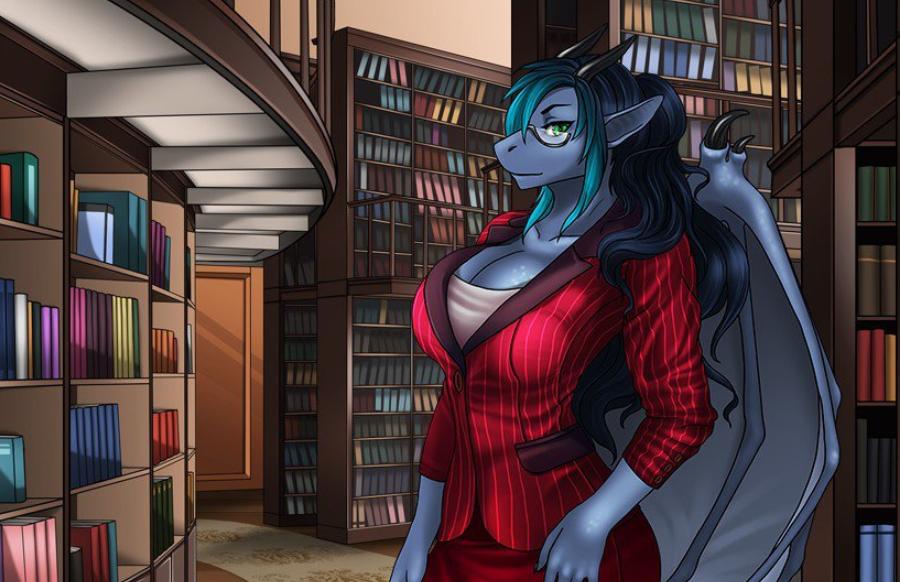Valve's Steam Bug Ruins Indie Game Launch, Offers 'Second Chance'
Last Updated: October 22, 2025

For French independent developers Laurent Lechat and Boris Marmontel, the full launch of their ambitious sandbox game, Planet Centauri, was meant to be the triumphant culmination of nearly a decade of passion and hard work. After a successful Early Access period starting in 2016, the game's 1.0 release in December 2022 was met with a baffling and devastating silence. Now, the cause has been revealed: a critical bug in Steam's backend prevented launch notifications from reaching over 100,000 players who had wishlisted the game.
In a rare move, Valve has taken full responsibility for the error and offered the developers a prominent store feature to make amends. However, the revelation came nine months after the financial damage was done, transforming a story of platform accountability into a cautionary tale about the fragile reality of indie game development.
A Decade of Development Derailed
The journey of Planet Centauri is a testament to indie perseverance. Lechat and Marmontel poured years into their 2D sandbox RPG, building a vibrant world and fostering a dedicated community through a six-year Early Access phase on Steam. Player feedback was integrated, features were refined, and anticipation grew. By the time of its 1.0 launch, the game had amassed an impressive 100,000+ wishlists—a key indicator of a strong potential launch.
But when launch day arrived in late 2022, the expected wave of sales never materialized. What should have been a celebration became a source of confusion and financial distress. For nine agonizing months, the developers were left to wonder why their game, despite its dedicated following, had failed to make an impact. For a small studio without a multi-million dollar marketing budget, the initial launch window is everything. A game that doesn't gain immediate momentum can be quickly buried by the constant influx of new titles on the platform, making recovery nearly impossible.
The Revelation: Valve's Nine-Month-Late Apology
The mystery was finally solved in September 2023, when the developers received an email from Valve. In the message, which Lechat later shared publicly, Valve candidly admitted fault for the failed launch.
"We found a bug that impacted a very small number of game releases (less than 100 since 2015) where wishlist email notifications for the launch of a game were not sent," a Valve spokesperson explained. "Unfortunately, your game Planet Centauri was among those included."
This admission confirmed that the developers' direct line to their most interested audience had been severed at the most critical moment. Wishlist notifications are the lifeblood of indie launches on Steam, converting demonstrated interest into day-one sales and driving crucial visibility in the platform's algorithms. The failure of this system effectively rendered Planet Centauri invisible to its core audience.
The Olive Branch: A Daily Deal
Recognizing the catastrophic impact of its error, Valve extended a significant offer to help rectify the situation. "We intend for this feature to work for every game and we're inviting you to a Daily Deal as a way to help make up for lost visibility from your launch day," the company wrote.
A Steam Daily Deal is a highly coveted promotional spot, guaranteeing front-page visibility to millions of users worldwide. For any indie game, it represents a massive surge in exposure. For a game that suffered a silent launch, it's a genuine second chance to find an audience. Valve's offer was a clear acknowledgment of the deep financial and reputational damage its bug had caused.
Too Little, Too Late: The Tragic Aftermath
While Valve's gesture was a positive step toward platform accountability, the nine-month delay proved fatal for Planet Centauri's future. In a public statement, Lechat revealed the heartbreaking reality: the financial failure of the 1.0 launch had forced both him and Marmontel to seek full-time employment elsewhere to support themselves.
The revenue from the launch was simply not enough to sustain the studio. By the time Valve's offer arrived, the developers were no longer in a position to work on the game, support it with patches, or develop new content. The dream of full-time development on their passion project had ended months earlier.
The story of Planet Centauri is no longer just about a bug and a fix; it is a poignant and stark reminder of the unforgiving nature of the digital marketplace. It underscores how critically dependent small developers are on platform tools working flawlessly, and how even a "remedied" error can have irreversible, devastating consequences. While Valve's transparency and offer set a valuable precedent, for the creators of Planet Centauri, the second chance came long after the first one was tragically lost.